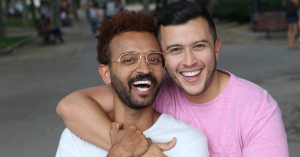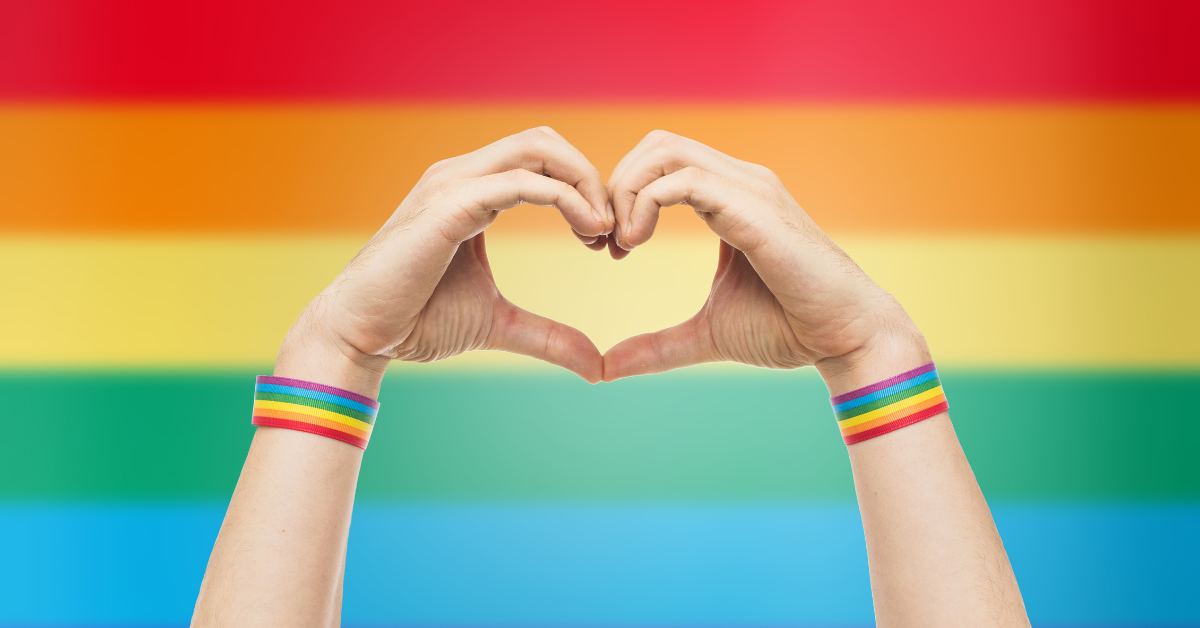Meeting Other Lesbians: Your Guide to Making Meaningful Connections
This post provides 25 inclusive ways for lesbians to connect with like-minded individuals, fostering connections, support, and a sense of belonging. It highlights the importance of finding ways to connect within the lesbian community, whether seeking friends, romantic partners, or expanding one’s circle.
LGBTQ+ Rights and Protections
• Decriminalization of Homosexuality: Advocacy efforts aim to challenge and overturn laws criminalizing homosexuality, leading to discrimination and violence against LGBTQ+ individuals.
• Anti-Discrimination Laws: Many countries have implemented anti-discrimination laws to protect LGBTQ+ individuals in various areas.
• Marriage Equality: Countries that recognize same-sex marriage provide LGBTQ+ couples with the same legal rights and benefits as heterosexual couples.
• Protection from Hate Crimes: Laws against hate crimes penalize violence or harassment motivated by prejudice based on sexual orientation or gender identity.
• Transgender Rights: Advocacy efforts focus on recognizing and protecting the rights of transgender individuals, including legal recognition of gender identity, access to gender-affirming healthcare, and protection from discrimination.
• Conversion Therapy Bans: Some regions have implemented bans on conversion therapy, a harmful practice aimed at changing an individual’s sexual orientation or gender identity.
• Military Service Inclusion: Advocacy efforts aim for equal opportunities for LGBTQ+ individuals to serve openly in the military without fear of discrimination.
• School and Workplace Protections: Policies and laws protecting LGBTQ+ students and employees from discrimination and bullying are crucial.
• Access to Healthcare: Ensuring access to inclusive and non-discriminatory healthcare, including gender-affirming care for transgender individuals, is a critical component of LGBTQ+ rights advocacy.
• Parental Rights and Adoption: Legal recognition and protection of LGBTQ+ families contribute to a more inclusive society.
• Recognition of Non-Binary Identities: Efforts to recognize and affirm non-binary and genderqueer identities involve updating legal documents.
• Global Advocacy: Addressing human rights abuses, promoting inclusivity, and challenging discriminatory laws worldwide.
• Policies in Educational Institutions: Creating policies and educational programs that foster LGBTQ+ inclusivity in schools.
• Inclusive Refugee and Asylum Policies: Providing a safe haven for LGBTQ+ individuals seeking protection.

25 Ways to Meet Other Lesbians in 2024
Finding a community of like-minded individuals can be a rewarding experience for many lesbians. Online platforms, such as social media and dating apps, have become invaluable tools for connecting with others who share similar interests and experiences.
Attending LGBTQ+ events and gatherings, such as pride parades, film festivals, and community fundraisers, can offer a welcoming environment to meet other lesbians while celebrating shared identities. Participating in local LGBTQ+ organizations and volunteer initiatives can also help you connect with other lesbians while contributing to meaningful causes.
Seeking out lesbian-specific support groups or discussion circles can provide a safe and supportive space to explore shared experiences, discuss challenges, and receive valuable encouragement from peers. These groups often focus on fostering personal growth, building resilience, and creating a sense of community among members. Engaging in open and meaningful conversations within a supportive environment can help develop lasting friendships and find solidarity within the lesbian community.
Community involvement in activities and hobbies that align with your interests can also be a rewarding way to meet other lesbians. Joining a local sports team, attending art classes, or participating in book clubs can create opportunities to connect with like-minded individuals in an organic and enjoyable setting. By pursuing activities that resonate with your passions, you can forge meaningful connections with other lesbians who share your enthusiasm.
Challenges Faced by Gay Women
Gay women face unique challenges due to societal attitudes, prejudices, and systemic issues. These include homophobia and discrimination, biphobia and invisibility, double minority status, family rejection, lack of legal protections, mental health stigma, limited representation in media, health disparities, religious and cultural challenges, dating and relationship challenges, limited support structures, and legal parenting challenges.
Homophobia and discrimination can occur in various settings, such as the workplace, educational institutions, and public spaces. Bisexual women may also experience biphobia and feel invisible or invalidated due to their identity being dismissed or misunderstood. Double minority status can lead to unique challenges in navigating societal expectations and stereotypes. Family rejection can also impact emotional well-being and social support systems.

The lack of legal protections for LGBTQ+ individuals can lead to workplace discrimination, housing issues, and other daily challenges. Mental health stigma and societal attitudes may discourage some gay women from seeking help when facing mental health challenges. Limited representation in the media can perpetuate misconceptions and contribute to the invisibility of the community. Health disparities can affect preventive care, mental health services, and reproductive health. Religious and cultural beliefs that view homosexuality negatively can pose challenges for gay women, leading to potential conflicts with faith, family, or community values.
Conclusion
Building connections within the lesbian community is a joyous and empowering journey filled with friendship and belonging. There are 25 ways to meet other lesbians, including social events, online platforms, and shared interests. Embracing the LGBTQ+ community is a beautiful and empowering experience, and these suggestions are just the beginning.
By leveraging online platforms, participating in LGBTQ+ events, joining support groups, and engaging in community activities, you can cultivate a strong network of friends and allies within the lesbian community. This not only fosters personal growth but also contributes to the vibrant and inclusive tapestry of LGBTQ+ communities worldwide.
